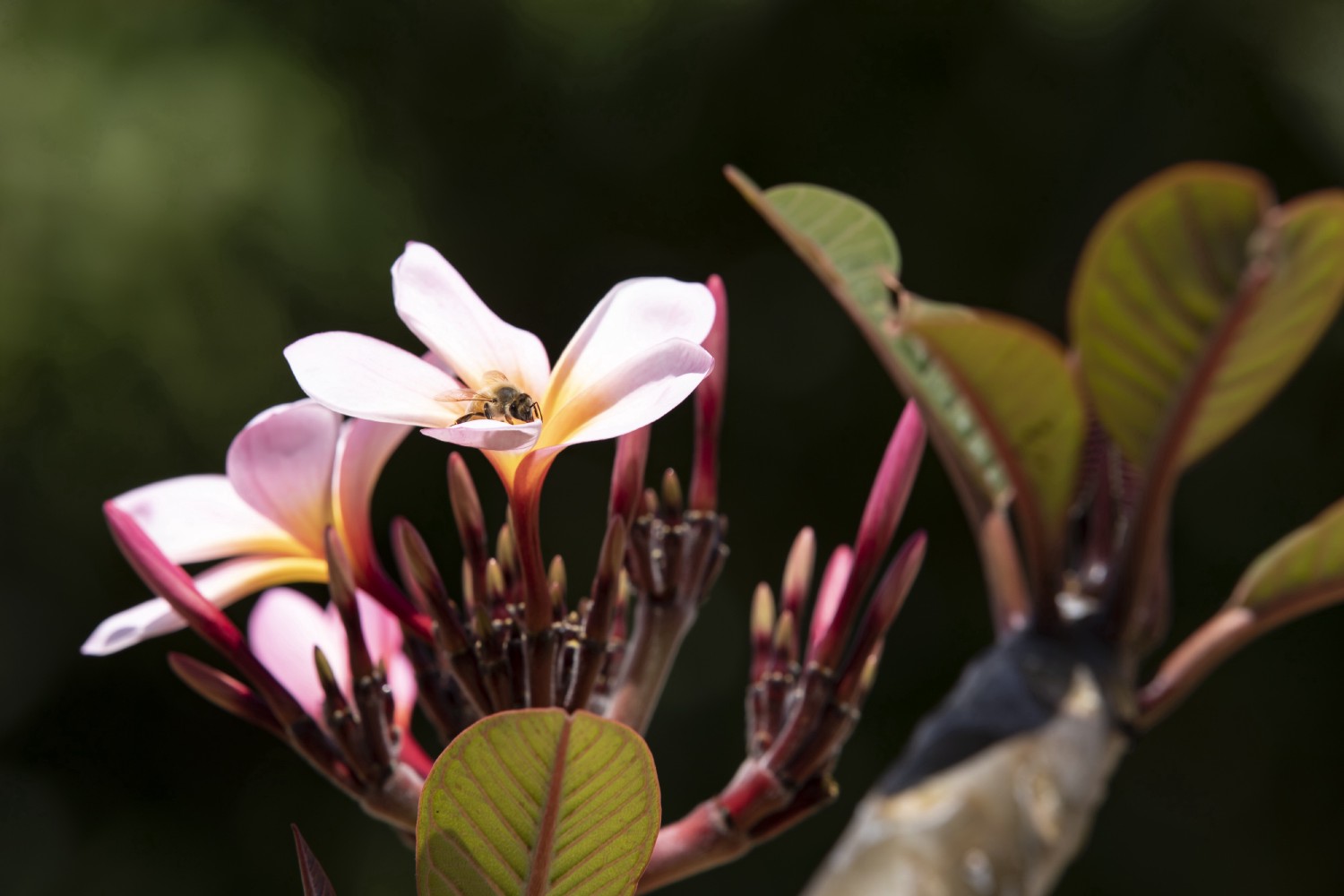Before you go any further...
I've read and accept the Terms of Use and the Privacy Policy.
I accept to receive newsletter and other communications associated with firms of The Explorers Network group'
I accept to receive commercial offers of The Explorers Network partners'.
Thanks!
Vote everyday for your favorite content
SENSITIVE CONTENT
This media contains sensitive content which some people may find disturbing or offensive.
You must be 15 years of age or older to view sensitive content.
Log inBirthday
Content being validated
THE EXPLORERS +
Watch our premium movies
The Explorers + is our premium movie catalog in Ultra High Definition (HD/4K/8K)! Hundreds of videos already available and daily new content on all your devices (web, mobile, tablets, smart TV).
Post content (photo or video) and get 1-month free
OR
Subscribe and support The Explorers Foundation's field actions for biodiversity.

Content being validated
Bee at work
2
0
In New Caledonia, bees forage in an insular environment protected from the many parasites which, elsewhere, decimate their colonies. Since 2012, an apiculture epidemiological surveillance network has been monitoring the 12,000 beehives and preventing epidemics through the establishment of dispersed sentinel hives likely to testify to the entry of new pathogens by sea. If 93% of the marketed honey is an 'all-flower honey' - to which the bee on the frangipani flower of the photo will contribute - Grande-Terre and Lifou also produce rarer honeys of lychee, niaouli, primary forest, jamelon or Arabica coffee.
Related content

Médias en cours d’exploration

